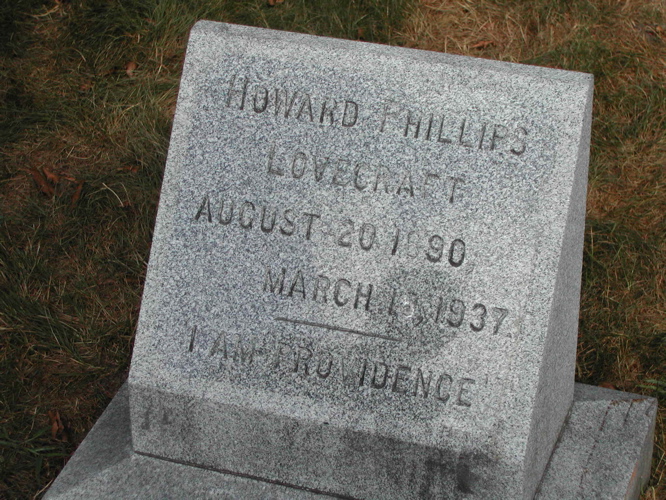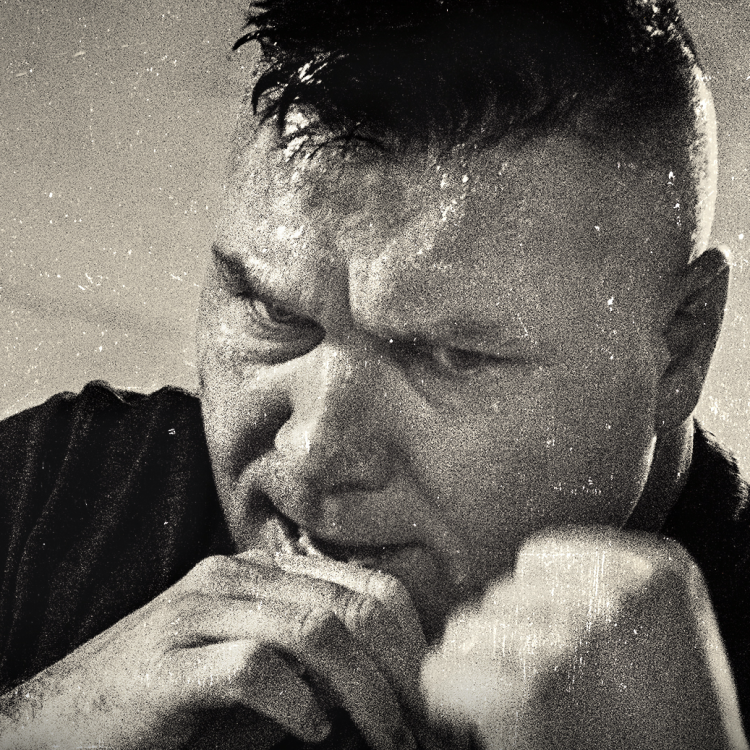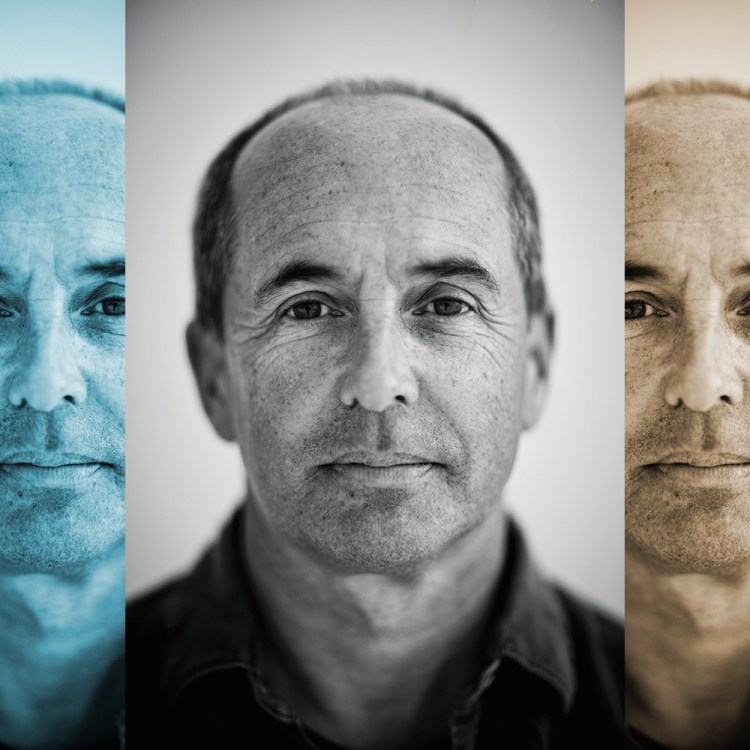If you’ve just completed your time as showrunners of Game of THrones, what do you do for a follow-up? For David Benioff and D.B. Weiss, that’s been the question, hasn’t it? Their previously-announced followup to GoT, the alternate-history show Confederate, never materialized for a variety of reasons; given the controversy surrounding it, that might not be a bad thing.
Besides the duo’s deal with Netflix, they’ve announced that they’re producing another high-profile project: an adaptation of a 2004 graphic novel that blended fact and fiction. (No director has yet been announced.) This is Lovecraft, a book with an interesting history.
As Bleeding Cool’s report on it states, “it was based on an unproduced screenplay by Hans Rodionoff, written by Keith Giffen and drawn by Enrique Breccia.” The forthcoming adaptation will draw on the graphic novel rather than the screenplay which inspired the book. And at the center of the work is H.P. Lovecraft, who helped to revolutionize the horror genre — but whose work abounds with a particularly pernicious strain of racism.
At Vanity Fair, Laura Bradley asks a logical question arising from this news: namely, why would you place such a frustrating and offensive figure at the center of a high-profile film? “Any exploration of Lovecraft’s mind would, one might think, have to address all of the bigotry inside it,” she writes. “After facing years of criticism for the way Game of Thrones handled race, Benioff and Weiss should at least be prepared for much more of the same scrutiny.”
Bizarrely, there’s also a series of animated films for children, produced in recent years, which also place Lovecraft — albeit a teen-adventurer version — at their center. It’s no less strange.
The news of Benioff and Weiss’s project is especially frustrating in light of the ways in which perceptions of Lovecraft’s legacy have changed over the last few years. After numerous authors and members of the science fiction and fantasy community expressed their frustration, the governing body behind the World Fantasy Award announced in 2015 that the award would no longer be modelled on Lovecraft’s face. Explorations of Lovecraft’s work and the work he inspired now frequently take into account his more noxious beliefs and how more contemporary writers have addressed them.
There are also several other Lovecraft-inspired projects in the work for television that do, in fact, grapple with the author’s racism. Matt Ruff’s novel Lovecraft Country is being adapted for HBO, with Jordan Peele as one of the executive producers. And in 2017, news broke that a television adaptation of Victor LaValle’s The Ballad of Black Tom was also in development. Both of these books tap into the same sense of ominous dread that Lovecraft conveyed, but also critique his worst aspects as a writer. If you’re talking about Lovecraft in 2019, it’s hard to imagine creating a resonant creative work without doing that.
Subscribe here for our free daily newsletter.
Thanks for reading InsideHook. Sign up for our daily newsletter and be in the know.


















